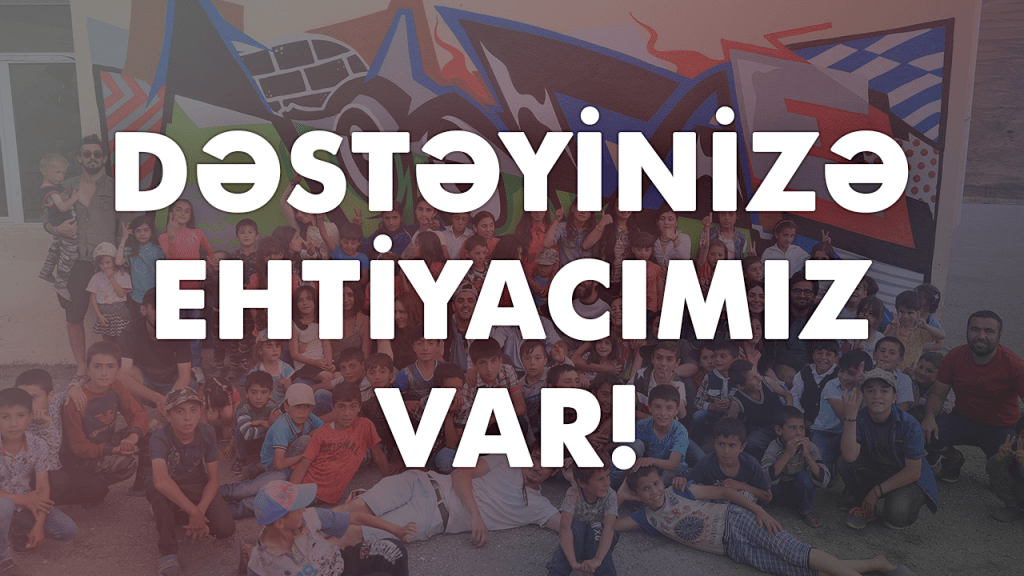Utopia Island or Transcultural Art Lab

Together with 60 artists of various disciplines, I spent two unreal weeks in a German island of Juist in October, as a part of a project called Transcultural Art Lab. Aimed to explore the topic of utopia – the unreachable good place, Art Lab is a residency program bringing together young artists from South Caucasian countries and Germany.
According to the organizers, Fanny Rieber and Andrea Martens, the idea of making this project was born in a bar in Berlin. “I am very interested in this topic of utopia, not so much because of the goal of coming up with a perfect plan about what exactly we should do in the future, but rather to take time and space to think about our wishes. This topic of utopia allows us to think of our future in a very abstract way and this is a very big freedom for exploration in our minds”, says Andrea.
Just like many utopian projects take place in isolated places like islands, Juist too seems to be a perfect location for such an experiment. Juist is an island in the north of Germany the shape of which is dictated by the winds from the North Sea. Thus, the island stretches 17 kilometers across, but it is so narrow that one can see the waters on both sides when standing on a high place.
As a part of Lower Saxon Wadden Sea National Park, Juist is an escape from reality: there are no cars and the only transportation to the village center is via bikes or horse carriages. The island is surrounded by beaches and is a home to different species of birds, seals, deer, and wild roses. Jubi – the place we stayed was also “an island on an island”, according to Andrea, as it was remote to even the small civilization of the touristic village.
We landed on Juist on small airplanes for eight people. So busy making jokes about the flying capabilities of these “kukuruzniks”, we didn’t even realize we had taken off and landed in less than 15 minutes. In fact, Juist is a famous flight-training hub where “[the apprentices] do two weeks of flying and get a little license, and they (learn to) land the planes in case of an emergency”, says the volunteer Xenia Schundelmeirer. The future pilots are also encouraged to do art workshops at the center, something they rarely practice.
In our case, the art workshop facilities were used to the maximum. Seven different art workshops – performance art, experimental documentary, illustration, installation, video art, dance and music – were offered, each supervised by a tutor.
Out of all, the performance art was something I knew the least about and therefore, the most mysterious, for which I decided to join it. As a very process-driven form of art, performance art exercises never focus on the end result, but rather on concentrating on the present, which is so unusual to the most things we do in real life. Guided by our tutor Jasmin Schaitl, our training included breathing exercises, meditative activities, writing and expressing complicated thoughts and emotions. The most adventurous one, however, was rolling as slow as possible on the beach for an entire hour. When simple movements are slowed down to a degree that eye can barely perceive, these movements become extreme and complicated for the body.
The time when we were not busy with the workshops, we had the freedom to do yoga on the beach, do archery, kayaking or indoor climbing, and take long bike rides to the center of the village. Towards the evening, when it was already too dark and cold to be outside we would get together at our “disco” called JubiTech to listen to some music and sometimes do silly activities like a costume party. On one of those silly nights, we recreated a market where everyone was selling a service or a product in exchange to the Jubi coins made of bottle caps. I was “selling” hugs and I think my advantageous mobile location helped to get “rich” quickly, after which I got bored and decided to splurge to the other services like massages, chats and tours.
Towards the end of the program, all the group members narrowed down and abstracted the topic of utopia in their own personal way and we chose to use coal as the common uniting element for us. This is how we prepared for the final exhibition.
On day of exhibition, Jubi received many visitors from the island center. Our performance took place in the hangar for airplanes. Thus, there was a huge egg hanging in the center of the hangar, and the rest of the space was given to the dance and installation groups in their sterile white costumes, as opposed to the dark “coal performers” outfits of ours. We celebrated the euphoria of the exhibition with a glass of wine on the beach, among the “stairs climbing to the skies” of the installation group.
Art Lab was an unforgettable experience that I took a lot out. Three weeks after the workshop, I often remind myself to slow down to the present moment, pay attention to the surrounding environment, my feelings and concentrate on things at hand, whether it is work or daily chores.








